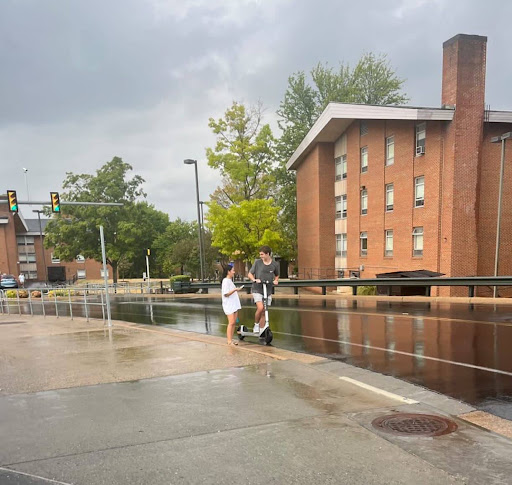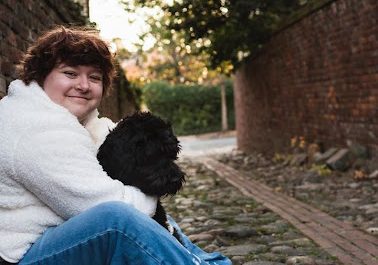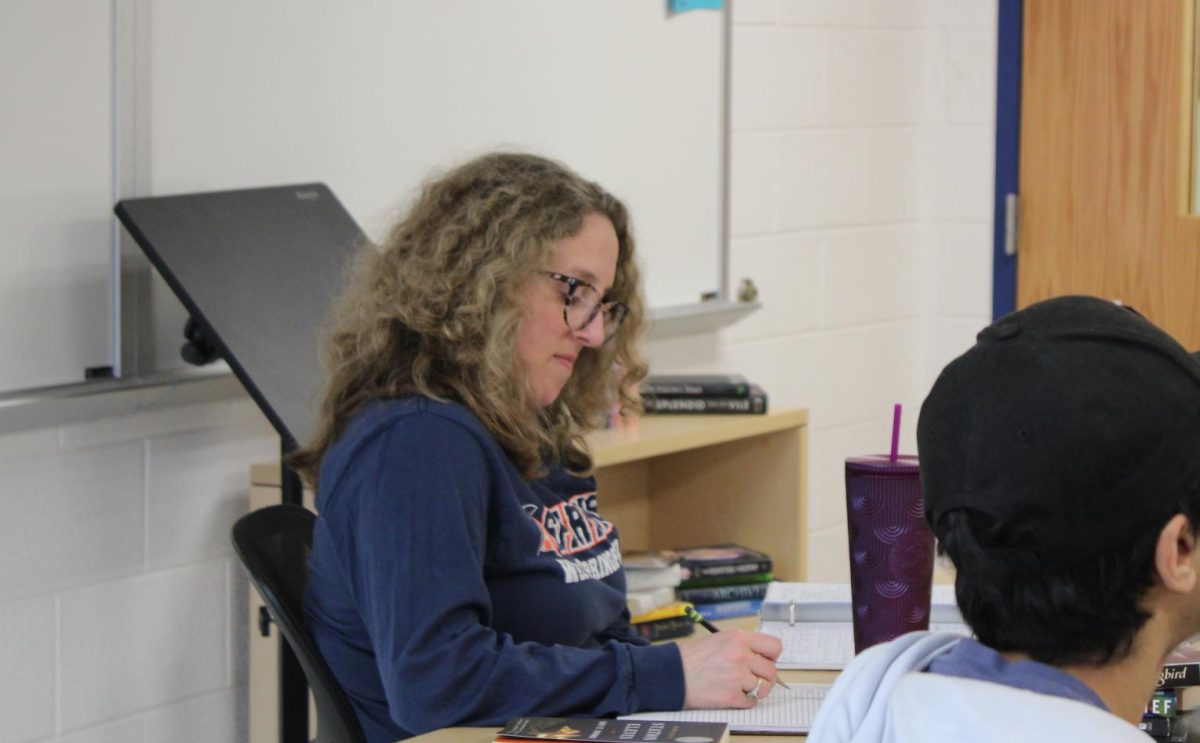When students hear the lunch bell go off, it signifies a time for them to take a break from all the studying, relax, and hang out with their friends. For Tim Spicer’s Students with Intellectual Disabilities Class, it’s no different.
Buddies Club, which was founded by Spicer last year, is a club that meets after school once a month and lets general education (GenEd) students come in and spend time with Spicer’s class. This year, the club has reached out in an effor to contribute more to these students by going to the cafeteria and having lunch with Spicer’s class.
“I go in every couple weeks and have lunch with them and I love it,” said senior Lindsey-Ann Miskovic. “Whenever I go to sit down and eat with them we make each other laugh and have a really good time.”
Along with eating lunch in the cafeteria with them, GenEd students conduct other activities such as making name tags and writing letter.
“I enjoyed being with them so much that I’m actually working with them for my Capstone Project; we’re sewing and making blankets for the homeless,” said senior Kristina Scollins.
Another way students with intellectual disabilities interact with the GenEd kids is on C lunches during orange days, when Holli Wolter’s film studies class goes into Spicer’s classroom to have lunch and a party with the kids.
Students bring in their lunches and with a Pandora radio station playing in the background, Spicer’s class is given the opportunity to be taken out of a school atmosphere and just have fun with other student.
“They absolutely love it. They love being able to make new friends and by the end of the party there were kids dancing around with each other,” said Spicer.
Wolter decided to agree with Spicer’s idea of the classes combining once every couple weeks during lunch because they have been friends for a long time and Spicer went in and pitched it to her 5th period class.
“We just hang out and make jokes,” said Grace Hwang, one of Spicer’s students. “I like having them as friends.”
According to Spicer, the parents to the special education kids appreciate the fact that their kids are being treated as part of the rest of the school and are not secluded like they are a lot of the time. They do not only interact with the teachers and other kids in their class, but with GenEd students who most of the time they wouldn’t be given the opportunity to.
“By eating lunch and hanging out with GenEd kids it gives them more of a high school experience,” said Spicer.






